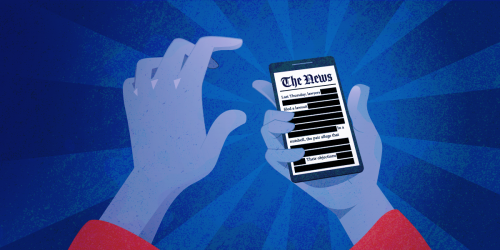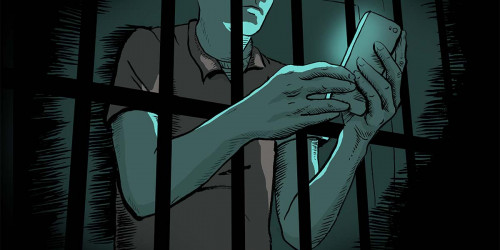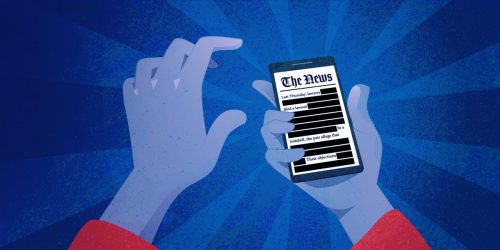Lawmakers and Legal Experts Call For Restraint in Wikileaks Hearing
The House Judiciary Committee held a surprisingly subdued hearing this morning on the legal and constitutional issues surrounding Wikileaks' publication activities. Committee members repeatedly emphasized the importance of protecting First Amendment rights and cautioned against overreaction to Wikileaks. The seven legal experts called to testify agreed, almost all of them noting that:
- Excessive government secrecy is a serious problem that needs to be fixed,
- It's critically important to protect freedom of expression and the press, and
- The government should be extremely cautious about pursuing any prosecutions under the Espionage Act or any legislation that would expand that law, which is already poorly written and could easily be applied in ways that would be unconstitutional.
EFF agrees, and hopes that this hearing will dissuade the House from adopting rash legislation in the wake of Wikileaks' recent publications.
To learn more, take a look at the full video of the hearing, the witnesses' written testimony, and EFF's tweets throughout the morning.
Related Updates
The United States has now, for the first time in the more than 100-year history of the Espionage Act, obtained an Espionage Act conviction for basic journalistic acts. Here, Assange's Criminal Information is for obtaining newsworthy information from a source, communicating it to the public, and expressing an openness...
Today, a British judge denied the Trump Administration’s extradition request for Wikileaks Editor Julian Assange, who is facing charges in the United States under the Espionage Act and the Computer Fraud and Abuse Act. The judge largely confirmed the charges against him, but ultimately determined that the United...
As the extradition hearing for Wikileaks Editor-in-Chief Julian Assange unfolds, it is increasingly clear that the prosecution of Assange fits into a pattern of governments selectively enforcing laws in order to punish those who provoke their ire. As we see in Assange’s case and in many others before this, computer...
The government recently released a superseding indictment[1] against Wikileaks editor in chief Julian Assange, currently imprisoned and awaiting extradition in the United Kingdom. As we’ve written before, this prosecution poses a clear threat to journalism, and, whether or not Assange considers himself a journalist, the indictment ...
The century-old tradition that the Espionage Act not be used against journalistic activities has now been broken. Seventeen new charges were filed yesterday against Wikileaks founder Julian Assange. These new charges make clear that he is being prosecuted for basic journalistic tasks, including being openly available to receive...
The recent arrest of Wikileaks editor Julian Assange surprised many by hinging on one charge: a Computer Fraud and Abuse Act (CFAA) charge for a single, unsuccessful attempt to reverse engineer a password. This might not be the only charge Assange ultimately faces. The government can add more...
While the indictment of Julian Assange centers on an alleged attempt to break a password—an attempt that was not apparently successful—it is still, at root, an attack on the publication of leaked material and the most recent act in an almost decade-long effort to punish a whistleblower and the...
June 15, 2017 is the 100th anniversary of the passage of the Espionage Act. Earlier this year, as if to commemorate the centennial, President Trump suggested to then-FBI Director James Comey that he extend the Act into new territory—that he use it to prosecute journalists.
While ...
One hundred years ago, President Woodrow Wilson signed the Espionage Act into law, and since then it has been used to criminalize the disclosure of national defense and classified information.
Dissent-Stifling Roots
At the turn of the 20th century, anti-immigrant, xenophobic sentiments dominated national rhetoric and...





